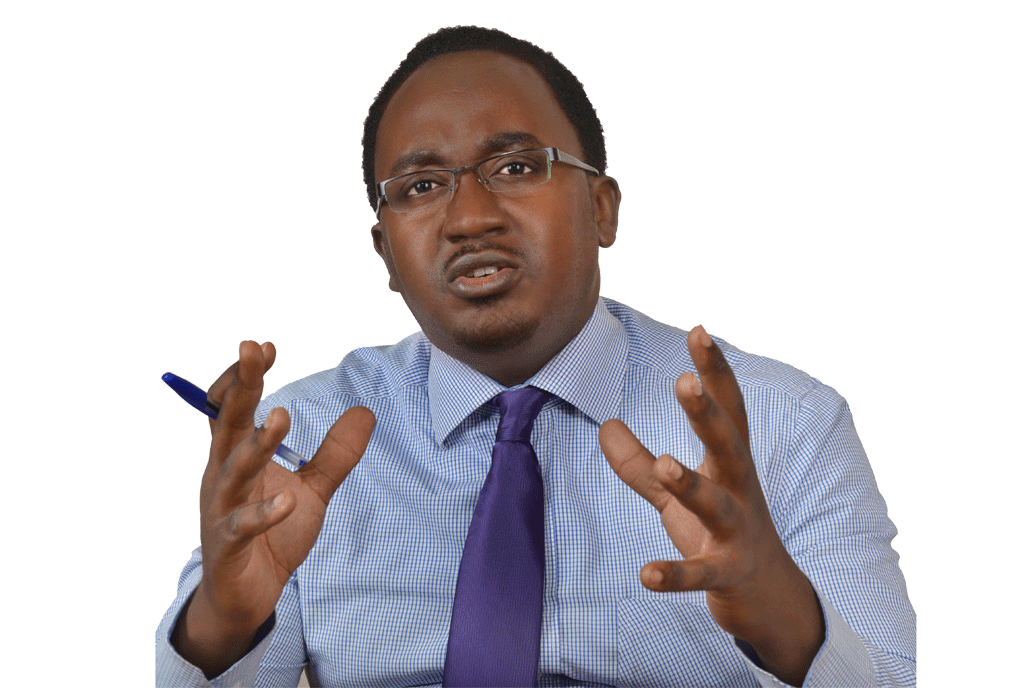Prime
Ensuring universal access in a digital era

Author: Crispin Kaheru. PHOTO/FILE
What you need to know:
- The online sphere offers access to diverse perspectives through virtual interactions with individuals from various occupations.
Access to information and the attendant issues such as navigating the digital space, are topics of great importance in today’s evolving world.
At the international level, the right of access to information is affirmed by Article 19 of the Universal Declaration of Human Rights and Article 19 of the International Covenant on Civil and Political Rights.
In this age of the digital revolution, the internet has emerged as an indispensable tool. It serves as a gateway to knowledge, a platform for communication, and a catalyst for socio-economic progress.
We must acknowledge the pivotal role that the online space plays in advancing socio-economic transformation.
According to DataReportal (an online source), Uganda’s internet access currently stands at 11.77 million users.
This accounts for 24.6 percent of the total population of Uganda. These statistics should be considered in light of the government policy that exists to fully digitise Uganda.
The Ministry of ICT and other agencies such as the Uganda Communications Commission which regulates the communications industry; the Government Citizen Interaction Centre , which is the primary online contact centre between government and citizens, all show that there is a growing realisation that the citizenry must actualise their right to information as enshrined in Article 41 of the Constitution.
Whereas the commitment to ensure universal access to online spaces exists, several challenges pertain, especially in a terrain like ours. The Covid-19 pandemic grossly highlighted these challenges.
Children in rural areas could not continue with their education, while some children in urban areas moved to online classes.
Even for those who may have had access to phones or laptops, the cost of internet was a major hindrance.
Therefore, as we talk of universal access to information, we must address the challenges that underpin that access; such as poverty, inequalities among vulnerable groups such as persons with disabilities and girls.
We must talk about access to electricity, among other challenges. A strong online infrastructure is not just a luxury; it is a necessity for our well-being.
Whereas online access opens us up to the world economically and socially, it also requires greater responsibilities on our part as stakeholders.
Today, anyone with access to the internet is able to receive information about any topic at any time via different social media platforms including Twitter (now X), Facebook, WhatsApp, Instagram, Snapchat and via the web. We now have AI that has even taken access to information to a whole new level.
The online sphere offers access to diverse perspectives through virtual interactions with individuals from various occupations.
Furthermore, it has created opportunities for entrepreneurship, job creation, and financial inclusion. Online spaces continue to play a pivotal role in promoting civic engagement and holding leaders to account.
Social media and online platforms have allowed citizens to voice their opinions, advocate for change, and demand transparency from the government.
We must also continually address the challenges of this digital era, including issues of misinformation, digital security, and access disparities.
In light of the complexities of this digital era, education and media literacy stand as our bedrock in the battle against the online intricacies that we face.
We must strive to engage our communities in open and honest dialogues continuously. Building bridges and fostering understanding between diverse groups is vital.
Government, civil society organisations, cultural and religious leaders should, on an on-going basis facilitate discussions to address grievances and misunderstandings – be it among individuals or communities.
Mr Crispin Kaheru is a commissioner at the Uganda Human Rights Commission


